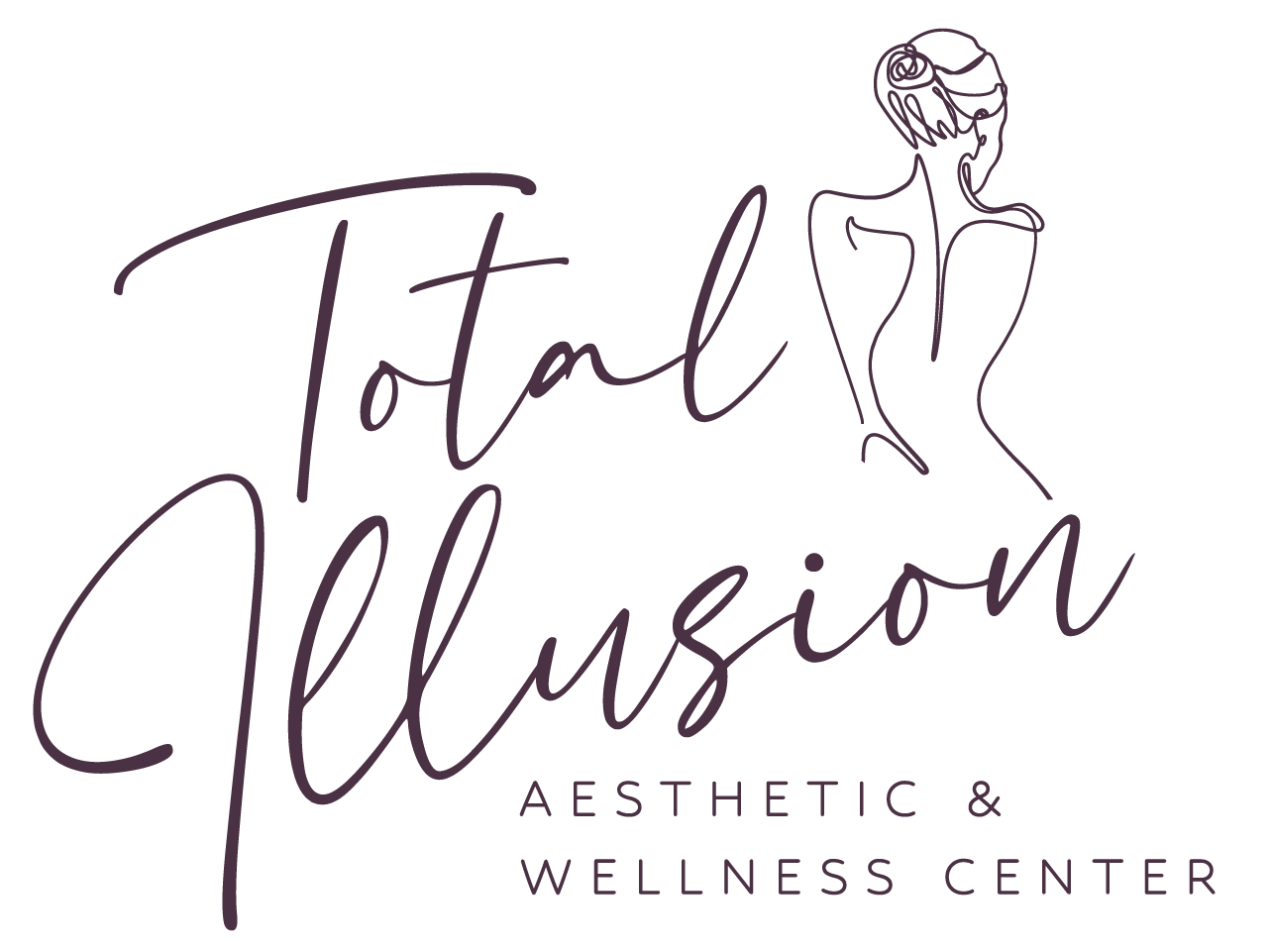The Skincare Reality Check: Dermatologist Recommended” — What Does It Really Mean?
Welcome to The Skincare Reality Check — your no-fluff guide to what really works, what’s just hype, and how to decode the labels and claims flooding the beauty industry. In this series, we cut through the noise and get honest about ingredients, trends, and the truth behind your favorite products—so you can make smarter choices for your skin.
Walk down any skincare aisle or scroll through a beauty site, and you’ll see it everywhere: “Dermatologist Recommended.”
It sounds trustworthy. Science-backed. Safe. But what does that phrase actually mean? Is there any regulation behind it—or is it just smart marketing?
Let’s break it down.
👩⚕️ What “Dermatologist Recommended” Sounds Like
To the average shopper, “dermatologist recommended” implies:
A product has been tested and approved by licensed dermatologists
There’s clinical evidence backing its safety and effectiveness
It’s more legitimate than products without that label
But the truth? There’s no official standard or regulation for that phrase.
🚫 What “Dermatologist Recommended” Actually Means
There’s no governing body (like the FDA) that verifies or enforces the use of "dermatologist recommended" on cosmetic products.
Here’s what it can mean:
A company surveyed or worked with a dermatologist (or a group of them)
One dermatologist uses or approves the product personally
A dermatologist was involved in product development
That’s not inherently bad—but it’s not a guarantee of safety, results, or that the product is right for your skin type.
In short: it’s a vague endorsement, not a clinical certification.
This phrase is often used by brands to imply medical endorsement without needing to back it up with specific evidence. Here’s what it might mean behind the scenes:
One dermatologist was paid to consult on the product.
The product was tested in a brand-sponsored study with a dermatologist’s involvement.
A dermatologist recommended it in a paid partnership or promotional capacity.
A panel of dermatologists gave non-scientific approval (sometimes based on personal use).
There is no governing body or standard that determines how many dermatologists must be involved—or how the recommendation must be made.
🧴 “Dermatologist Tested” vs. “Dermatologist Approved” vs. “Recommended”
These phrases often get used interchangeably, but they mean slightly different things—and none are regulated:🩺 What “Dermatologist Recommended” Can Actually Mean
Again: no formal testing, review board, or industry regulation backs up these claims.
⚠️ Why It Matters
This phrase can create a false sense of trust, especially among people with sensitive, acne-prone, or reactive skin. Just because a dermatologist “recommends” something doesn’t mean it’s right for your skin.
Also, brands may use this language to distract from:
Lack of published clinical data
Low concentrations of active ingredients
Formulas with known irritants or allergens
✅ What to Look for Instead
To choose skincare that actually works and is safe for your skin, focus on:
Proven active ingredients (like retinol, niacinamide, salicylic acid)
Concentration and formulation — not just buzzwords
Clinical studies or dermatologist-published research
Fragrance-free and non-comedogenic labels (especially for sensitive skin)
Professional advice tailored to your skin, not just what’s trending
Pro tip: If you’re dealing with acne, rosacea, melasma, or other skin conditions, a product’s marketing doesn’t replace a personalized plan.
💬 Bottom Line
“Dermatologist recommended” sounds good—but it’s not a regulated term, and it doesn’t guarantee results. It’s a marketing shortcut, not a scientific standard. It can be helpful—but only if you know what’s behind it. Don’t rely on the label alone. Instead, read ingredient lists, research the brand’s science, and—when in doubt—ask your own trusted skincare provider what they truly recommend.
If you want products that actually improve your skin, look past the label. Know your ingredients. Know your skin. Ask real experts when in doubt. Products available in medical spas, dermatology offices, or through licensed professionals often meet a higher standard of ingredient stability and testing. These aren’t always necessary—but they tend to under-promise and over-deliver compared to overhyped drugstore buys.
Want help decoding what’s right for your skin? Book a consultation with our team—we’ll cut through the noise and create a plan that works.If you want skincare that’s truly supported by experts and science, go deeper than the marketing headline.
Coming up next: The Skincare Reality Check: Part 2 – “Clinically Proven” — Proven by Who, and How?



